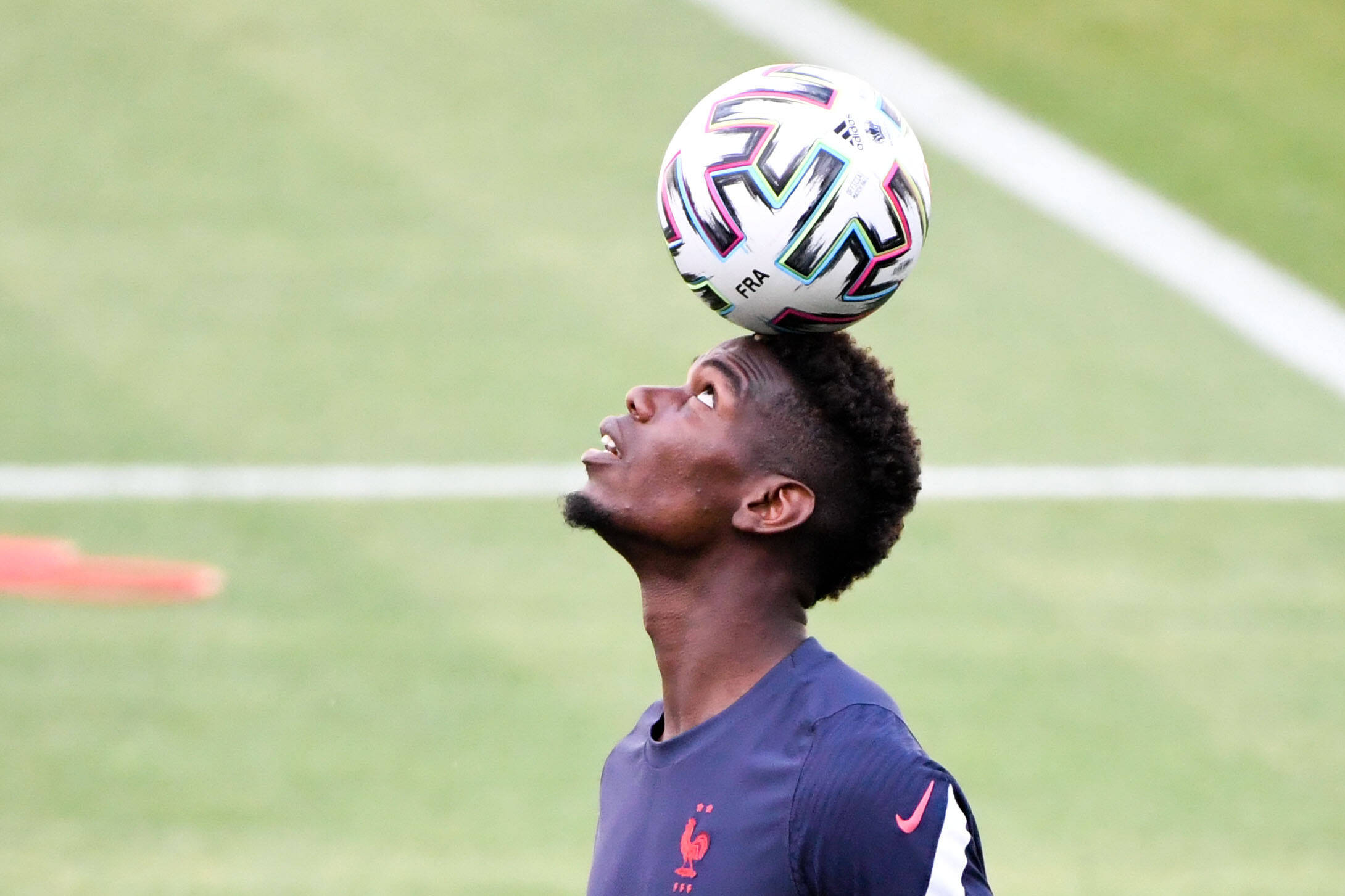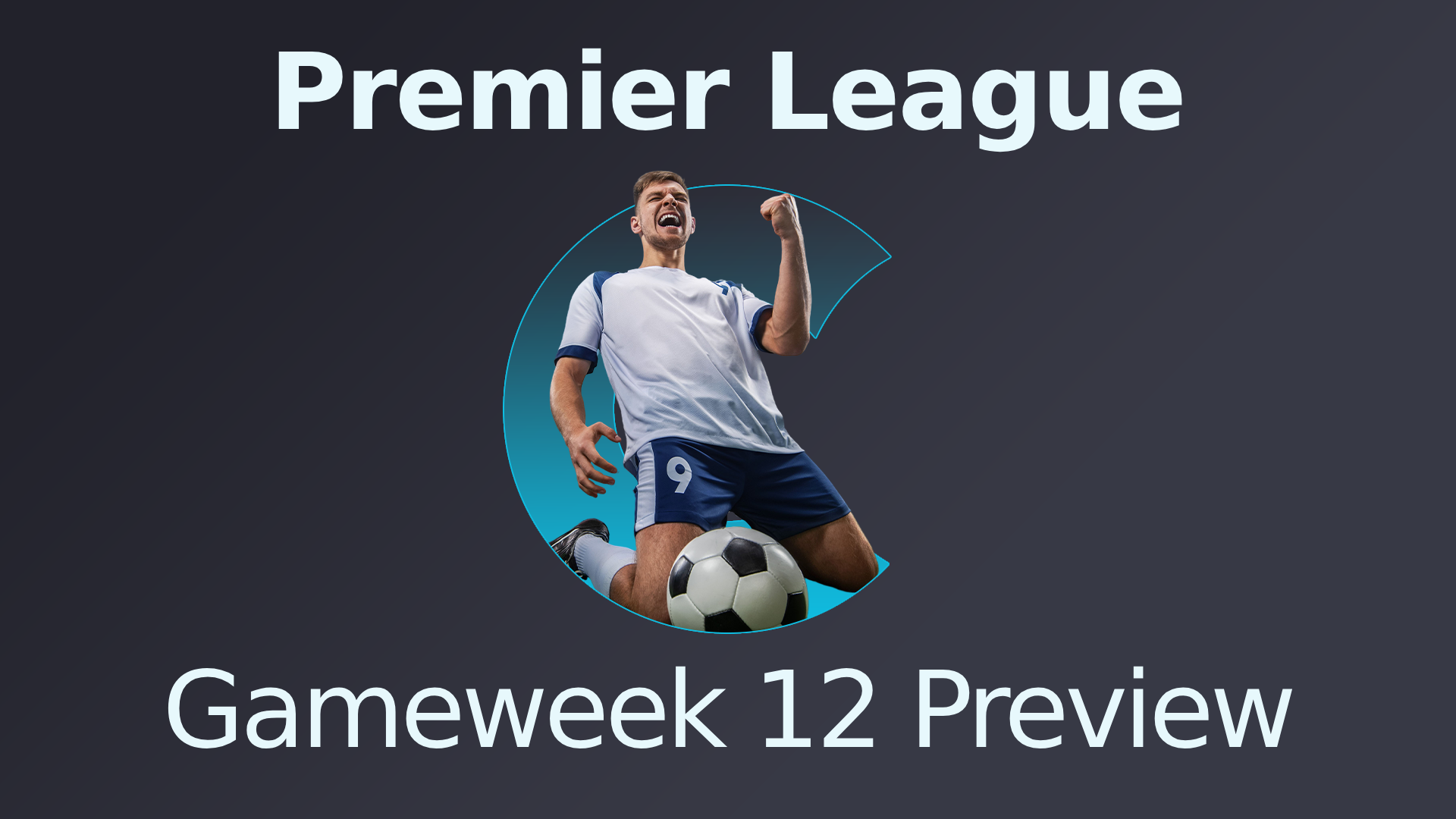When Paul Pogba walked through the door on his Manchester United return in 2016, his face was beaming from ear to ear. He was greeting the staff — both coaching and training ground maintenance — that he had left behind as a gangly, self-assured teenager destined for Turin four years earlier. It was after a match against Blackburn Rovers at Old Trafford on December 31, 2011, Sir Alex Ferguson’s 70th birthday, when Pogba knew he had to leave and he did so with agent Mino Raiola typically leaving a trail of disruption in his wake. When he came back, though, he did so claiming he was ‘home’ again.
It is a testament to Pogba’s supreme talent and ability that, of the few situations Ferguson is accused of misjudging during his 27-year reign at Old Trafford, he is arguably the most prominent. With no senior central midfielders fit on that bitterly cold winter’s afternoon, Pogba wasn’t called upon and that stayed with him. He left a year later, going to Juventus and becoming a man and a superstar; a unique hybrid-type midfielder who possessed all the strength of power to succeed anywhere balanced superbly with the technique, agility and skill more typically found in his more diminutive counterparts. As he thrived, particularly alongside Andrea Pirlo and Arturo Vidal, his former club had to look straight ahead, ignoring the elephant in the room as their own midfield options weakened.
ON THIS DAY: In 2012, Paul Pogba joined Juventus from Man Utd on a free transfer.
Four years later United re-signed him for £89.3m 🤑 pic.twitter.com/gA6oDwXeXK
— Squawka Football (@Squawka) August 3, 2021
Ferguson retired in 2013 and his replacement, David Moyes, watched Pogba. In truth, nobody from the red half of Manchester really took their eyes off him. But he was hurt, not forgetting that Blackburn game or the apparent breakdown of his relationship with Ferguson, which it can be surmised was at least in part down to his disdain for Raiola, who continues to represent Pogba and refuses to sit quietly even today.
Back in 2014, Pogba spoke to Canal+ in terms which made any second spell with the 20-time English champions unlikely. Although Ferguson wasn’t manager anymore, he still loomed large, at the club; public criticism was not advised if he wanted to retrace his steps. While admitting he felt “Mancunian”, Pogba lambasted his former boss.
“It was a very, very difficult moment for me because I was in love with Manchester and I was a Mancunian, “ he said “It was the match against Blackburn in December 2011 at Old Trafford [which made him consider his future].
“Paul Scholes had retired, Darren Fletcher was injured. There was no one left to play in midfield. And I was training and I was beginning to get better bit by bit and the coach never stopped telling me, ‘You’re this far’. And I didn’t understand. This far away from what? Playing? From having some playing time? From getting on the field? Or what?
“There was Rafael in midfield and I was disgusted. I was disgusted and I didn’t get on either.”
By his own admission, Pogba felt pushed towards Juventus, but it was the “no regret” line that appeared to close the door on any second chapter at United.
He added: “I’d lost that thing, that relation that I had with the coach. I was really disappointed, really disappointed.
“I was pushed. My eyes were opened. I’d made this decision to sign with Juventus. There was nothing to regret.”
Things had changed by the time he returned again. Juventus were seemingly at the end of their cycle as a big European force; an ageing side made it to the Champions League final in Berlin a year before, losing comfortably to Barcelona. Pirlo was jetting off to Major League Soccer, and Jose Mourinho was in at United, who could offer wages his current employers simply couldn’t. But the way his move was sold as a homecoming and a step up said more about the marketing strategy than anything else.
Mourinho was successful at Old Trafford in his and Pogba’s first season, albeit minimally and not to the standards either the Frenchman’s or Manchester United were hoping for. They finished sixth and won the League Cup and Europa League. It must have been tough for Pogba to watch his former Juventus teammates reach yet another Champions League final. Defeat to Real Madrid in Cardiff seemed emphatic, but had they kept him at the heart of their midfield, he could have tipped the game in their favour.
🔴 Paul Pogba can see a long term future at Manchester United but that does not mean he will commit to a new contract in this window.
[via @skysports_sheth] pic.twitter.com/RV6Jxy9krB
— Football Daily (@footballdaily) August 2, 2021
Since then, the notion that Pogba is where he belongs has continued to suffer. In some ways, there is no better place for him; he is a showman and a marketers dream, a superstar that has built an online presence like that of an influencer, further blurring the lines between sport and celebrity culture. Manchester United are football’s biggest business, and in their current guise under the Glazer family, they have put a real emphasis on the importance of business and marketing; nobody embodies that better than Pogba.
On the pitch, though, their relationship has felt as dysfunctional as it did when he was a teenager; everyone, including Pogba, is waiting for the moment where everything that brought him back kicks in, but the club have failed to relaunch themselves, only improving gradually and never reaching the level of Manchester City or Liverpool on a consistent basis. Mourinho left under a cloud permeated by a feud with Pogba, who despite getting on with current boss Ole Gunnar Solskjaer, hasn’t truly held his side of the bargain up either, rarely dominating games like he did for Juventus and consistently does for France, and allowing Raiola to distort his time at the club by publicly commenting on his future.
Paul Pogba didn't hold back when talking about Jose Mourinho 👀 pic.twitter.com/ckmmL2kl5f
— ESPN FC (@ESPNFC) April 16, 2021
Formations may have something to do with Pogba’s struggles for form, but in a sense that shows why he isn’t right for Manchester United. They appear to be moving on, despite lingering talks of a new contract, and fans are growing tired of the circus that seems to come hand in hand with Pogba. Frustration has unfairly taken the form of a pundit witch-hunt centred on his social media presence and hairstyles, as if they distract him, which make a mockery of the very real problems. On his day, Pogba plays like a leader and elevates his team to different heights, but the fact that only happens sporadically means patience has been wearing thin at every angle.
It would be unfair to suggest Pogba’s career is passing him by given what he has won with France and Juventus, and how key he has been to both teams’ success. But at 28, he is peaking and should be deciding the big games every season, and yet remains on the periphery too often for Manchester United. That is down to both he and the club in part, as he continues to eat into his best years underachieving. Real Madrid can’t afford him, neither can Barcelona or Juventus, who would love him back; perhaps the feeling is mutual, but another return to ‘home’ would further exacerbate the true problem for Pogba. He was in the shop window in Italy and continues to drift in England; he has never truly belonged anywhere at club level.
Returning home in the literal sense, to France and Paris Saint-Germain, is all but out of the question. Banners have been unveiled from PSG fans making clear he isn’t wanted, mainly because of an interview he once gave admitting his parents supported their bitter rivals Marseille, and that a move to Parc des Princes was not in his plans.
"Pogba you should listen to your mother, she doesn’t want you here. Neither do we!"
Some PSG fans aren't excited by the idea of signing Paul Pogba 😳 pic.twitter.com/GhbQHPsiT2
— ESPN FC (@ESPNFC) July 24, 2021
Manchester United do not play the way that gets the best out of Pogba and it is getting late on that front now. Some believe he should be the centrepiece of the team, with the likes of Bruno Fernandes fitting around him, others want the club to cut their losses. It simply isn’t that straightforward.
Pogba’s career has been mystifying; he has the attributes to adapt and prosper but simply hasn’t done it enough. Resolving the lingering sense of not belonging will be key; he’s said Manchester United is his home and the time has come for both to act like it or go their separate ways.







